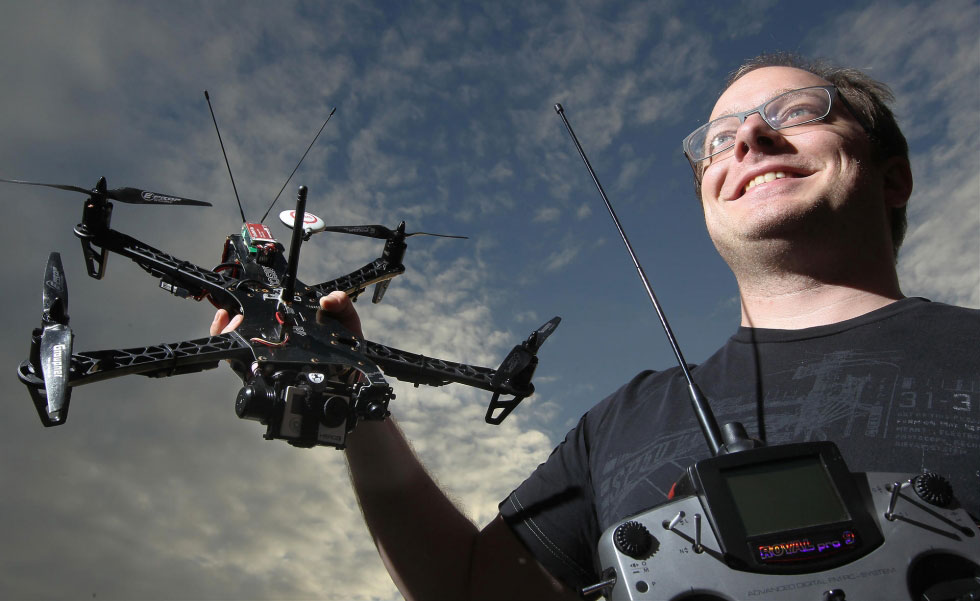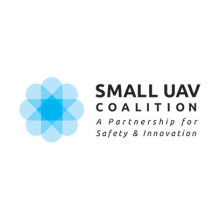
Robohub.org
Small UAV Coalition urges FAA to focus on regulations that enable domestic UAV innovation

Recent court cases distract from timely and safe integration of small UAVs.
The Small UAV Coalition is neither surprised nor disappointed by the recent National Transportation Safety Board (NTSB) ruling, which provides that the Federal Aviation Administration (FAA) has the authority to take enforcement action against operators of unmanned aerial vehicles (UAVs). However, the Coalition urges the FAA to focus its attention and resources on achievements that will allow for the timely and safe operation of small UAVs.
The FAA is already behind its deadline to integrate commercial UAVs into the national airspace, and we understand that the forthcoming draft rule for small UAS will not address the realities of today’s UAV technology, such as varying degrees of autonomy and the ability to perform operations beyond line of sight. Consumers and the industry would be better served if the FAA focused its limited resources on ways to bring the United States UAV industry up to speed with other countries, by allowing domestic manufacturers to conduct research and development on their own property, or by addressing the over 100 outstanding petitions for exemption under section 333. Critical time already has been wasted, costing US competitiveness in the global marketplace.
If you liked this article, you may also be interested in:
- NTSB overturns Pirker case: Drones are aircraft
- Citing concerns about overreach, drone journalists comment on FAA model aircraft rule interpretation
- Does the Small UAV industry need its own coalition?
- While the cat’s away, the mice play: What the drone delivery biz is doing while FAA ruling is under appeal
- American news media coalition files brief in support of Pirker, First Amendment rights
- Commercial drone use legal in USA? Who’s willing to make bail?
See all the latest robotics news on Robohub, or sign up for our weekly newsletter.
tags: c-Politics-Law-Society, cx-Aerial, drone regulation, FAA regulation of UAS, Small UAV Coalition






